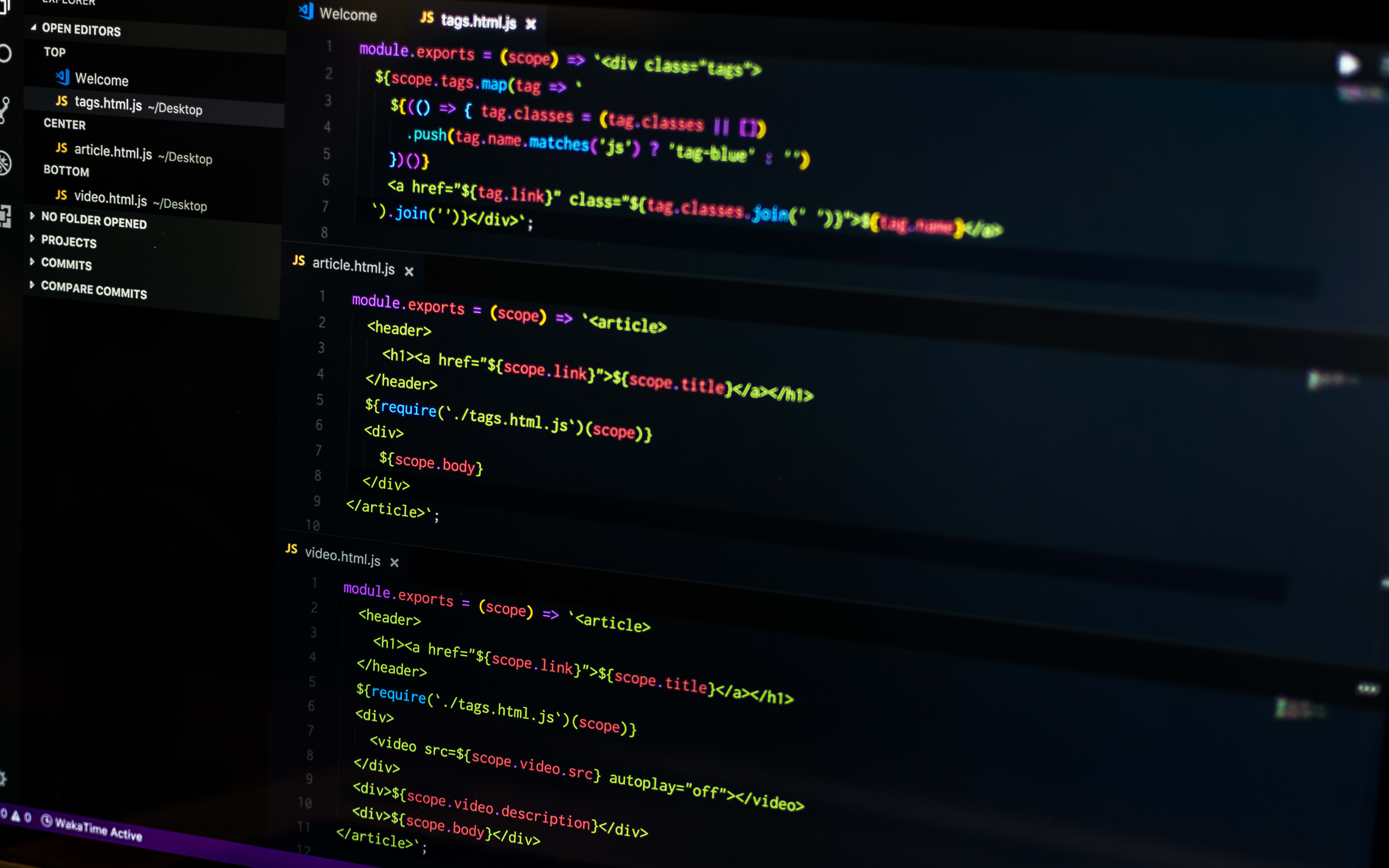
The innerHTML of #welcome-user becomes equal to Leeroy Jenkins. First I install it via npm like this : npm install random-string Then in pug template I used this. "address": "123 Wilson Way, New York NY, 10165" To make random strings in pug template I want to use random-string javascript module. If you were to do output the escaped variable ( var user = #), you would receive an escaped version of the object (where quotation marks and apostrophes are converted to '), which is not what we want in order for JSON.stringify to work on it.Īddress: "123 Wilson Way, New York NY, 10165"ĭocument.getElementById("welcome-user").innerHTML = setUsername(user.name) It's also necessary to output the raw contents of the variable, instead of the evaluated form of it. all the information about a user), you must stringify the output in Pug for it to be treated as a JavaScript object. If you need to interpolate the value of a JavaScript object (e.g. Sets the username of the current user to be displayed site-wide This is not necessary for number, where JavaScript will interpret our number as it we intend it to (as a number).

In the below example, we have to wrap username in quotation marks in order for JavaScript to interpret it as a string Pug will output the content of the variable as-is, so we need to put it in quotation marks for it to be a proper JavaScript string. In the case of variables, numbers, strings, and the like, you can pass these types of variables directly into your JavaScript with bracket syntax plus an explanation point (so that the code inside the brackets is not evaluated.) This is useful for parametrizing JavaScript code that require something from your server. Let's take a practical look at the core of the problem.Interpolating values is helpful if you need to pass a server-side variable to client-side JavaScript (or other languages that require it).

Even if there are no value changes during the change detection cycle, the filterNames() will still be called because the Angular engine can't detect this type of relation yet. If there is no change in filterNames() there is no change in names as well.

Necessary cookies help make a website usable by enabling basic functions like page navigation and access to secure areas of the website. Using a for loop in a pug template is almost identical to using for loop in a JavaScript code. The fact is, all functions in templates will be re-executed in every change detection cycle for comparison.įor example, in the above code snippet, it's obvious that filterNames() is dependent on names. Using a for loop in a pug template is almost identical to using for loop in a JavaScript code. However, Angular can't detect if there is any change in values from function calls. pug.compile() will compile the Pug source code into a JavaScript function that takes a data object (called. The core of the problem is related to the change detection mechanism, which Angular uses to detect the changed data and update the DOM's affected parts. The general rendering process of Pug is simple.


 0 kommentar(er)
0 kommentar(er)
